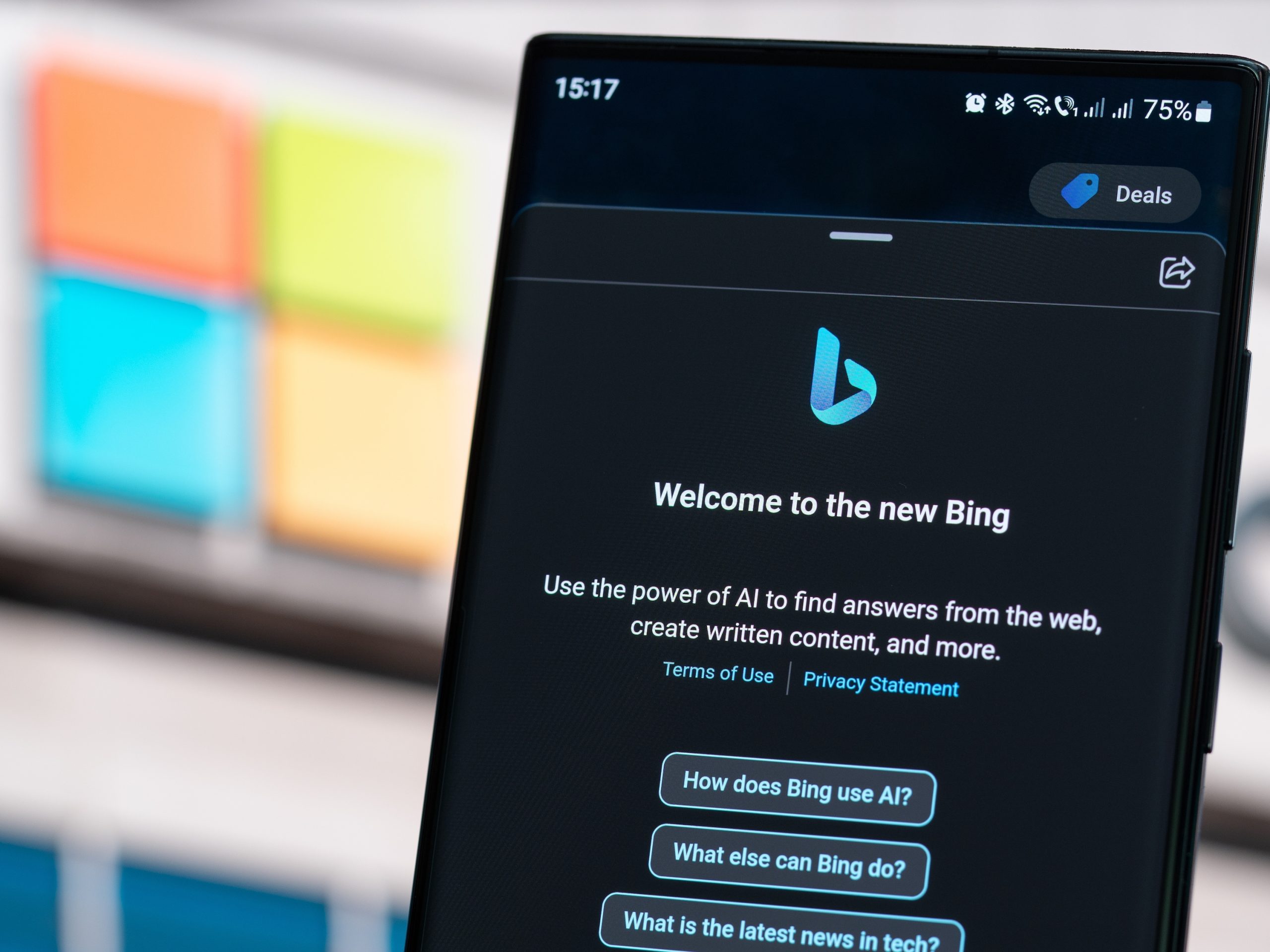Microsoft has recently announced the introduction of Deep Search, a significant enhancement to Bing’s web search capabilities, which is powered by OpenAI’s GPT-4 technology. This new feature, integrated with advanced AI, aims to provide users with more relevant and comprehensive responses to complex search inquiries. Instead of replacing Bing’s current web search functionality, Deep Search enriches it by enabling a more in-depth and nuanced exploration of the web.
Deep Search leverages Bing’s existing web index and ranking system, now enhanced by GPT-4, to transform user queries into detailed descriptions that accurately capture their intent. This technology is particularly effective at clarifying queries with multiple potential meanings, expanding the scope of search topics to uncover a broader array of web pages.
By rewriting queries to explore various facets of a search topic, Deep Search delves deeper into the web to retrieve results that might be overlooked in standard searches. This approach enables Bing to tap into a wider range of web pages, increasing the chances of uncovering more informative and specific results, which are then meticulously ranked based on relevance, detail, credibility, and timeliness. However, it’s important to note that Deep Search is designed for complex queries that require specific and comprehensive answers, and may take up to thirty seconds to complete, remaining as an optional feature complementing Bing’s standard search functionality.
In addition to Deep Search, Microsoft also plans to expand access to more AI features powered by GPT-4 in 2024. This includes integrating GPT-4 Turbo into Copilot, offering enhanced capabilities for handling complex and lengthy tasks. Furthermore, Microsoft is introducing the latest DALL-E 3 model, enabling Copilot users to create high-quality images, along with a new feature called Inline Compose for Microsoft Edge users, designed to simplify writing across most websites.
One of the innovative moves Microsoft is making is merging GPT-4 with Bing image search and web search data to create a Multi-Modal with Search Grounding feature, improving image understanding in response to user queries. Additionally, Microsoft is developing a Code Interpreter to simplify complex tasks such as calculations, coding, data analysis, visualization, and mathematics, all in an effort to shape Bing and Copilot to be essential parts of the digital experience, heralding a new era of AI-assisted productivity and creativity.
These advancements reflect Microsoft’s commitment to working with AI to provide users with a more comprehensive and nuanced search experience, with the potential to unlock new levels of productivity and creativity.
Read Full Article
